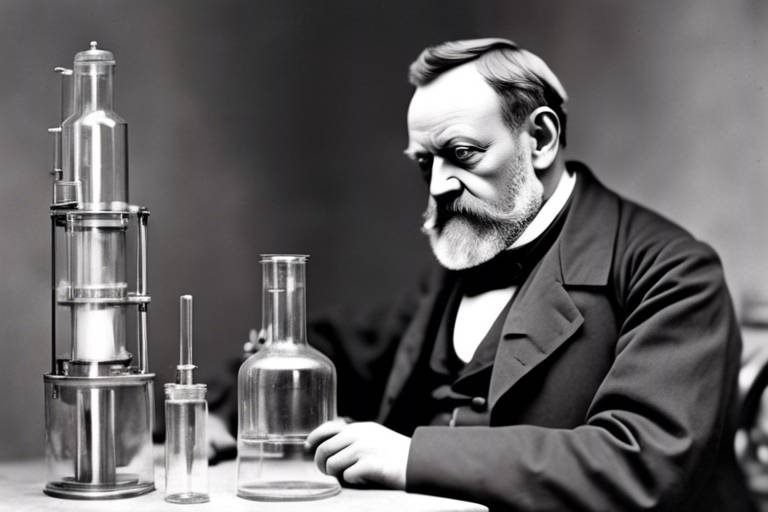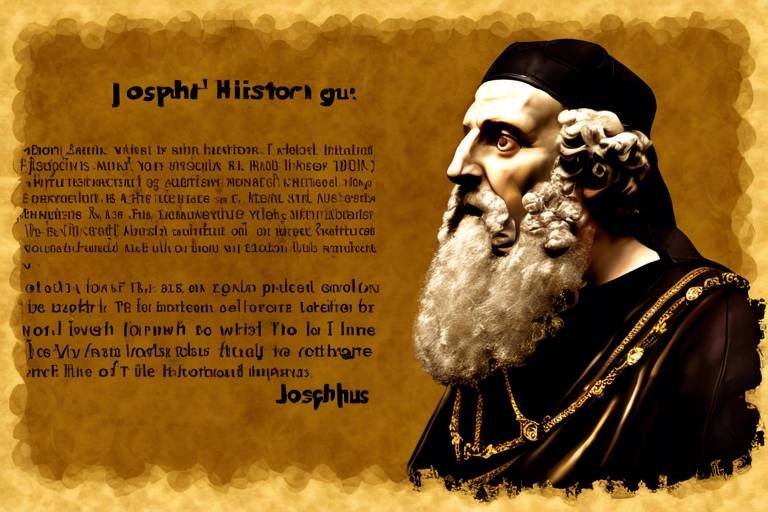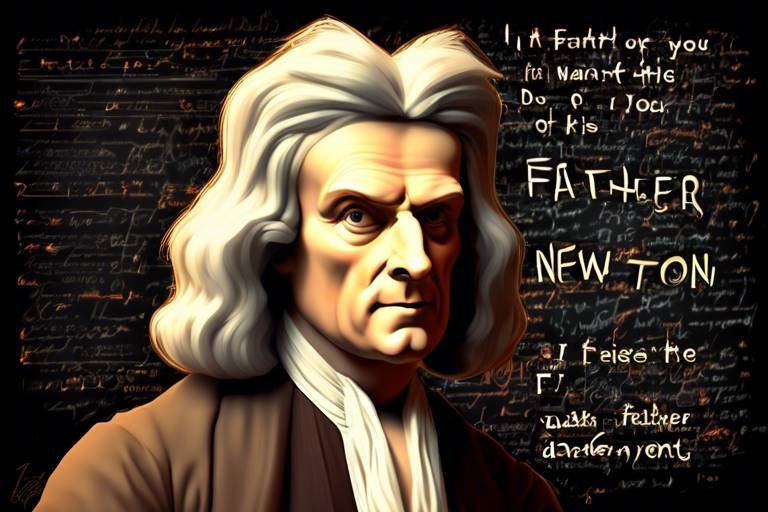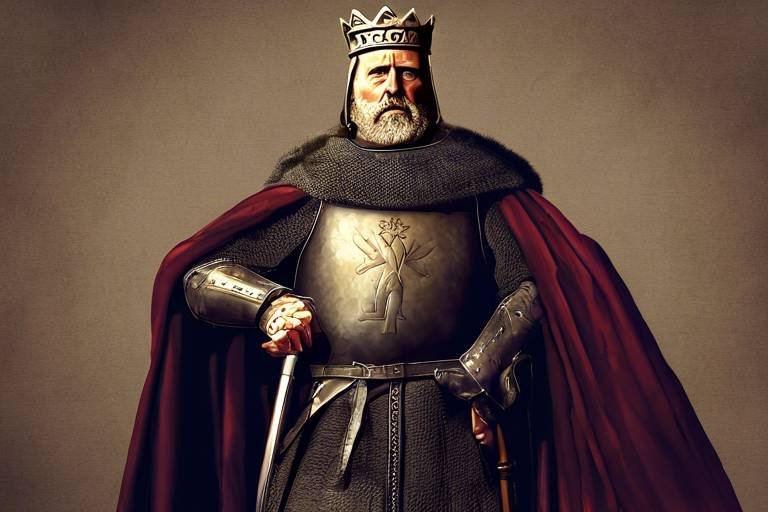Mustafa Kemal Atatürk: A Secular Leader Who Fought for Modernity on Multiple Fronts
Mustafa Kemal Atatürk, the visionary leader and founder of modern Turkey, stands as a towering figure in history, known for his relentless pursuit of secularism and modernization. His remarkable journey shaped the course of a nation, steering it towards progress and enlightenment on various fronts.
Atatürk's unwavering commitment to secularism was a cornerstone of his leadership. He spearheaded the establishment of a secular republic in Turkey, marking the end of the Ottoman Sultanate and the Caliphate. By introducing secular laws and institutions, he laid the foundation for a modern state that embraced democracy and equality.
One of Atatürk's most enduring legacies lies in his social reforms and advocacy for women's rights. He initiated sweeping changes that aimed to modernize Turkish society, including the adoption of Western clothing and the switch to the Latin alphabet. His progressive stance on women's rights and education paved the way for greater gender equality and empowerment.
Furthermore, Atatürk's focus on economic development and infrastructure projects propelled Turkey into a new era of industrialization and progress. His strategic policies aimed at modernizing the economy, while his investments in railways, roads, and public buildings enhanced the country's infrastructure, laying the groundwork for future growth.
Education played a pivotal role in Atatürk's vision for a modern Turkey. He recognized the transformative power of education and implemented reforms to revamp the education system. By promoting Turkish language and culture, he sought to instill a sense of national pride and identity among the populace.
In the realm of foreign policy and diplomacy, Atatürk positioned Turkey as a respected player on the global stage. His diplomatic efforts helped shape the country's foreign relations and secure its place in the international community. His strategic foresight and diplomatic acumen earned Turkey recognition and influence on the world stage.
Atatürk's enduring legacy continues to resonate in Turkish society, where his reforms remain a touchstone for progress and modernity. As a national hero, he is revered for his transformative impact and visionary leadership. However, the ongoing debate over the relevance of his policies in the modern era underscores the complex interplay between tradition and secularism in Turkish society.
Today, Atatürk's legacy serves as a guiding light for Turkey, navigating the delicate balance between tradition and modernity. His vision for a secular, democratic state continues to shape the country's identity and aspirations, reflecting his enduring influence on Turkish society and politics.
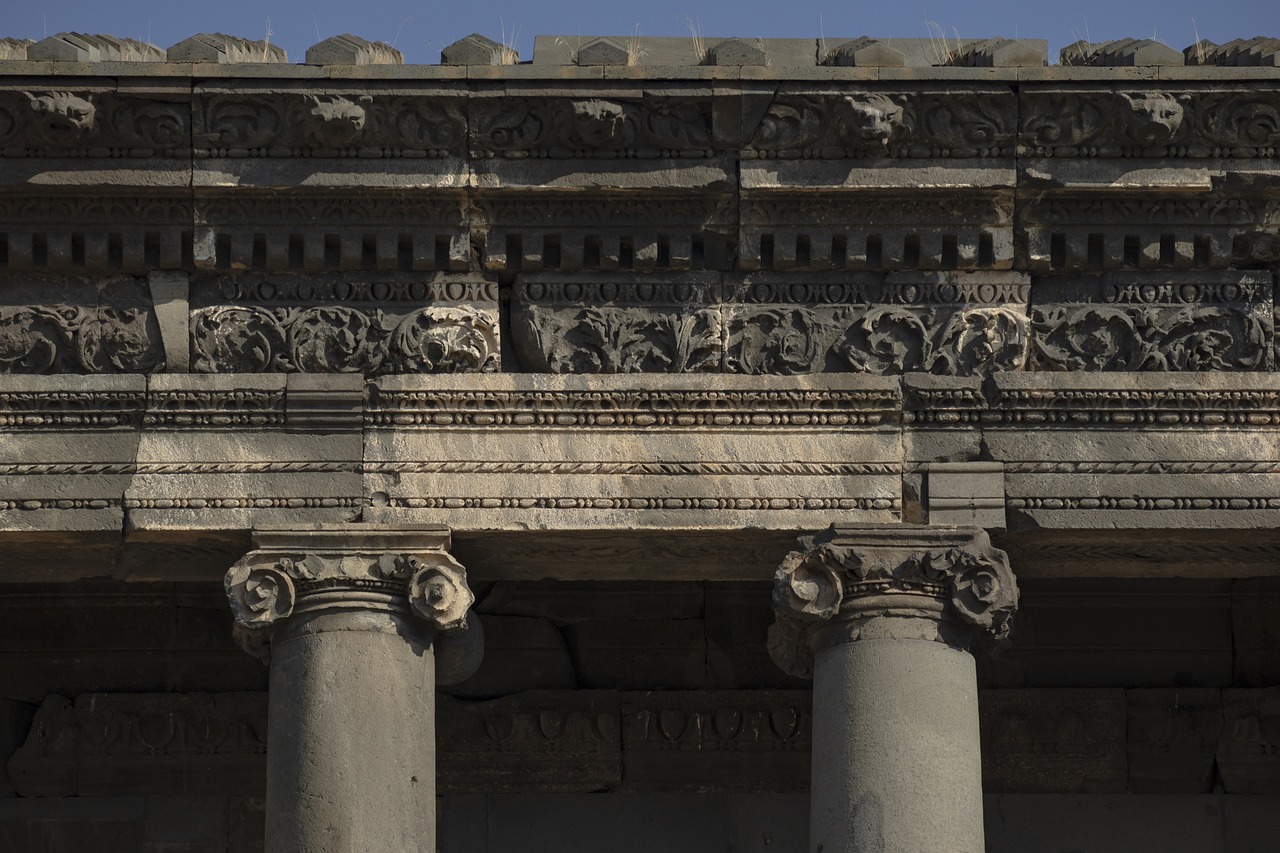
Early Life and Military Career
Mustafa Kemal Atatürk, the revered leader and visionary behind modern Turkey, had a remarkable early life and military career that shaped his future endeavors. Born in 1881 in Salonica, then part of the Ottoman Empire, Atatürk received a comprehensive education that laid the foundation for his later achievements. His military career began at a young age when he enrolled in military schools, displaying exceptional leadership skills and strategic thinking.
During World War I, Atatürk emerged as a prominent figure, leading the Ottoman forces to several victories. His military prowess and tactical acumen earned him widespread recognition and respect among his peers. However, it was during the Turkish War of Independence that Atatürk truly demonstrated his leadership abilities, rallying the Turkish people to resist foreign occupation and fight for their independence.
Atatürk's military career was marked by his unwavering commitment to the cause of Turkish nationalism and independence. His strategic brilliance and bold decision-making set him apart as a formidable military commander, guiding the Turkish forces to victory against formidable odds. The Turkish War of Independence culminated in the establishment of the Republic of Turkey in 1923, with Atatürk at its helm as the first President.

Establishing a Secular Republic
Mustafa Kemal Atatürk, the visionary leader of Turkey, embarked on a monumental journey to establish a secular republic that would redefine the country's identity and pave the way for modernization. Atatürk's unwavering commitment to secularism was a cornerstone of his reforms, signaling a radical departure from the traditional Ottoman system.
One of the pivotal moments in Atatürk's mission to establish a secular republic was the abolition of the Ottoman Sultanate and Caliphate. By dismantling these institutions, Atatürk aimed to separate religion from the state, laying the foundation for a modern, progressive Turkey that embraced diversity and equality.
At the heart of Atatürk's vision for a secular state was the implementation of secular laws and institutions. He introduced sweeping reforms that replaced Islamic law with a new legal framework based on Western principles, ensuring that Turkey would be governed by a system that prioritized reason and equality.
Furthermore, Atatürk's commitment to secularism extended to the education system, where he sought to create a modern, secular curriculum that promoted critical thinking and scientific inquiry. By reforming education, Atatürk aimed to cultivate a new generation of Turkish citizens who were equipped to navigate the challenges of the modern world.
In his pursuit of a secular republic, Atatürk also championed the rights of women, recognizing their vital role in shaping the future of Turkey. He enacted laws that granted women equal rights in areas such as education, employment, and politics, empowering them to participate fully in the country's social and economic life.
Atatürk's bold vision for a secular republic was not without its challenges, as he faced resistance from traditionalists who opposed his sweeping reforms. However, his unwavering determination and leadership ultimately prevailed, ushering in a new era of progress and modernity for Turkey.
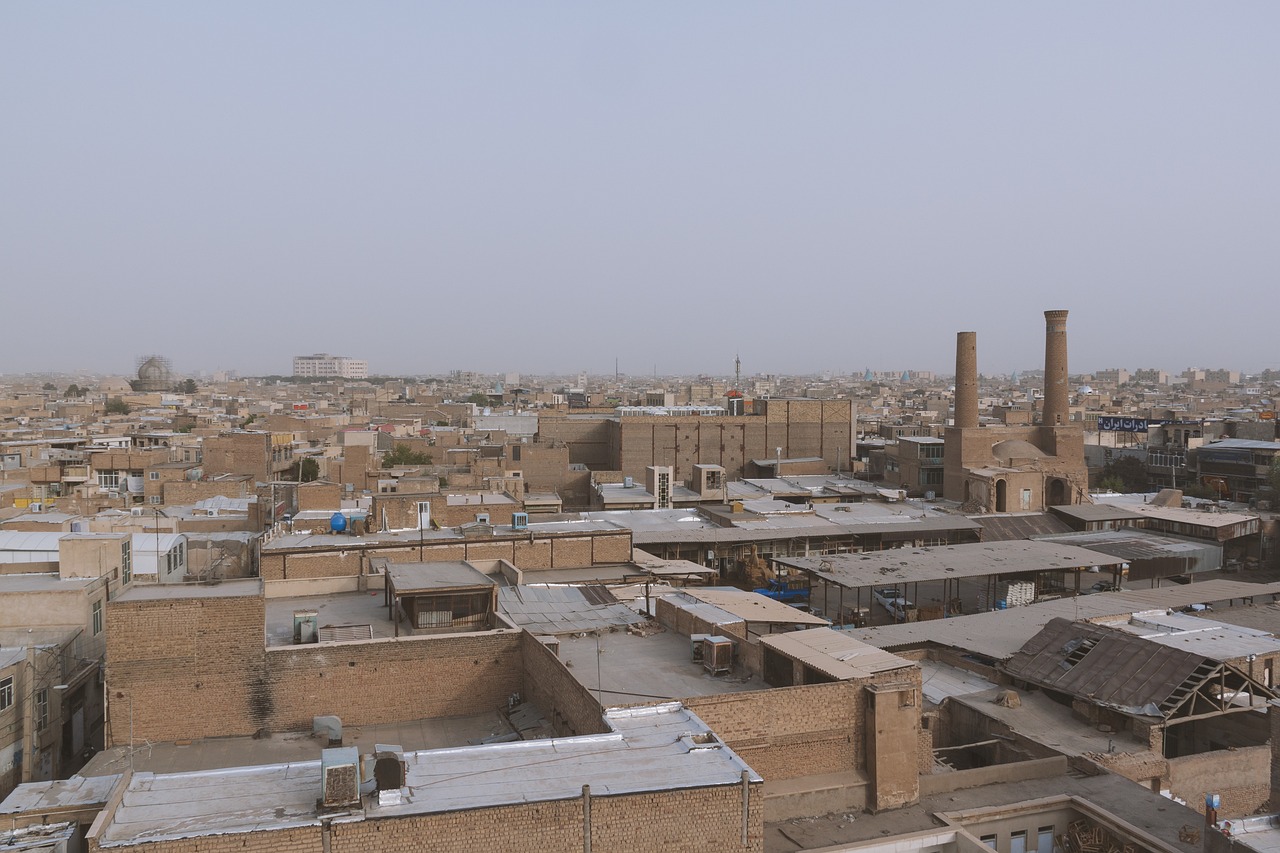
Social Reforms and Women's Rights
Mustafa Kemal Atatürk, the visionary leader of Turkey, spearheaded numerous social reforms and championed women's rights as part of his mission to modernize the country. Atatürk recognized the importance of societal progress and equality, and he implemented various initiatives to bring Turkey in line with Western standards.
One of the most significant social reforms introduced by Atatürk was the adoption of Western clothing. By encouraging Turks to dress in a more modern and Western style, Atatürk aimed to break away from traditional attire and symbolize Turkey's shift towards a more contemporary society. This change in clothing reflected a broader cultural shift towards embracing Western values and practices.
In addition to clothing reforms, Atatürk also implemented the transition from the Arabic script to the Latin alphabet. This monumental change in the Turkish language was a crucial step in modernizing communication and aligning Turkey with European standards. The shift to the Latin alphabet facilitated literacy and education, enabling more citizens to access knowledge and information.
Furthermore, Atatürk was a staunch advocate for women's rights and gender equality. He believed that the empowerment of women was essential for the progress of society as a whole. Atatürk promoted women's education and encouraged their participation in various fields, including politics, academia, and the workforce. By granting women the right to vote and stand for election in 1934, Atatürk paved the way for gender equality in Turkey.
Atatürk's emphasis on women's rights extended to legal reforms as well. He introduced laws that granted women equal rights in marriage, divorce, and inheritance, challenging traditional patriarchal norms and promoting a more egalitarian society. These legal changes were revolutionary for their time and laid the foundation for greater gender equality in Turkey.
Overall, Atatürk's social reforms and dedication to women's rights were integral to his vision of a modern and progressive Turkey. By prioritizing societal advancement and equality, Atatürk set the stage for a more inclusive and forward-thinking nation that continues to evolve to this day.

Economic Development and Infrastructure Projects
Mustafa Kemal Atatürk, the visionary leader of Turkey, not only focused on social and cultural reforms but also placed significant emphasis on economic development and infrastructure projects. Atatürk's economic policies were designed to propel Turkey into the modern era through industrialization and the creation of a robust economic foundation. By investing in infrastructure projects such as railways, roads, and public buildings, Atatürk aimed to improve the country's connectivity and accessibility, laying the groundwork for future growth and development.
One of the key pillars of Atatürk's economic strategy was to reduce Turkey's reliance on agrarian practices and transform it into an industrial powerhouse. By promoting industrialization, Atatürk sought to boost the country's economic output, create job opportunities, and enhance its overall competitiveness on the global stage. This shift towards industrialization was essential for Turkey to keep pace with other modern nations and secure its position in the evolving world economy.
In addition to industrialization, Atatürk recognized the importance of investing in infrastructure to support economic growth. He oversaw the construction of vital transportation networks, including railways and roads, which not only facilitated the movement of goods and people but also fostered regional development and integration. Furthermore, Atatürk's focus on building public structures such as schools, hospitals, and administrative buildings contributed to the modernization of Turkey's urban centers and improved the quality of life for its citizens.
Atatürk's economic development and infrastructure projects were instrumental in laying the foundation for Turkey's future prosperity. By prioritizing industrialization, investing in infrastructure, and modernizing the country's physical and social infrastructure, Atatürk set Turkey on a path towards sustainable economic growth and development. His strategic vision and bold initiatives continue to shape Turkey's economic landscape and underscore the enduring impact of his leadership on the country's progress.
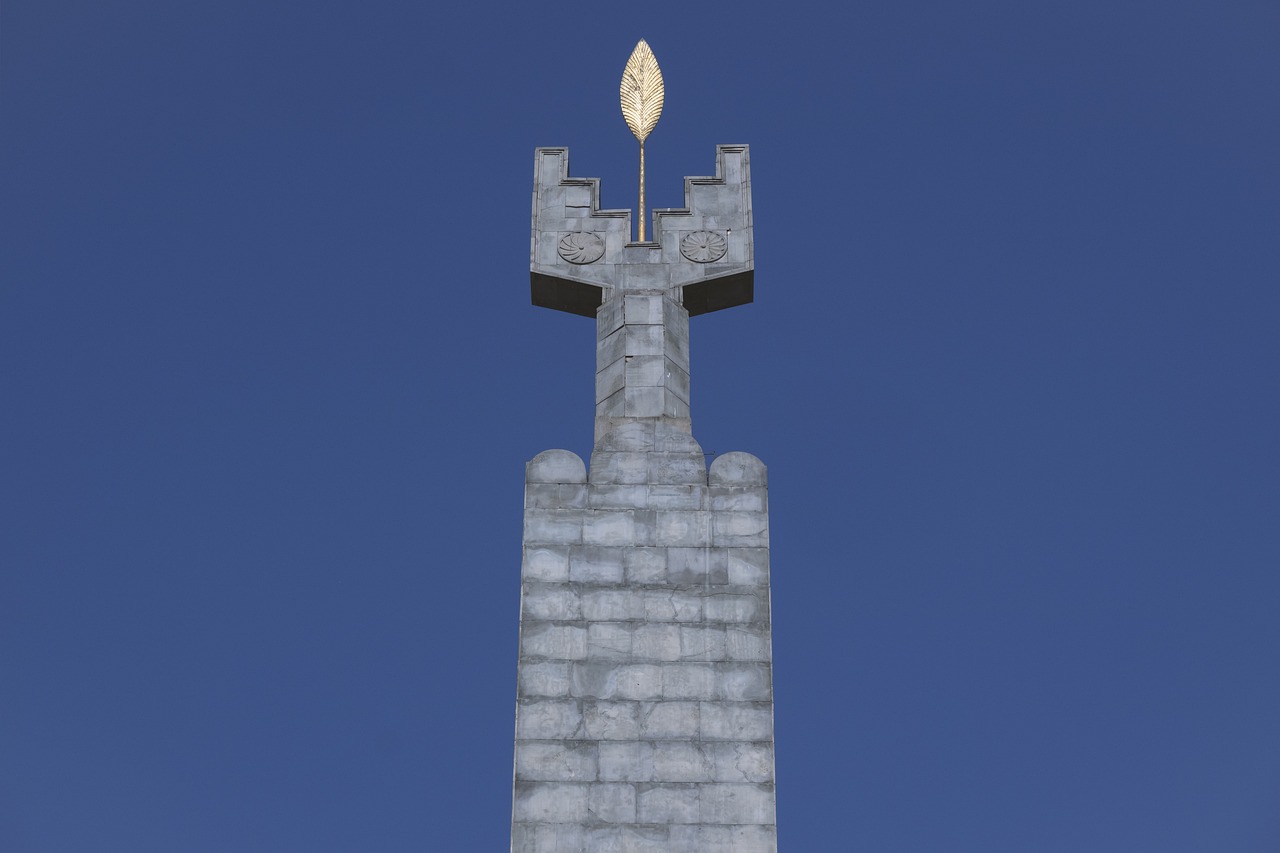
Education and Cultural Reforms
Mustafa Kemal Atatürk's legacy is not only defined by his military prowess and political acumen but also by his profound impact on education and cultural reforms in Turkey. Atatürk firmly believed that a nation's progress and strength rested on the quality of its education system and the preservation of its cultural heritage. To this end, he implemented sweeping reforms that aimed to modernize education and promote Turkish language and culture.
One of Atatürk's most significant educational reforms was the overhaul of the Turkish alphabet. In 1928, he introduced the Latin alphabet to replace the Arabic script, making Turkish more accessible and aligning it with Western languages. This move was symbolic of Atatürk's vision to break away from the Ottoman past and embrace a more contemporary and globally connected Turkey.
Furthermore, Atatürk prioritized the expansion of educational opportunities for all citizens, regardless of gender or socioeconomic background. He believed that a well-educated populace was essential for the country's advancement. Schools were established across the nation, and efforts were made to increase literacy rates and promote critical thinking skills.
Atatürk's cultural reforms were equally transformative. He emphasized the importance of preserving Turkish heritage while embracing elements of Western culture. Traditional clothing was gradually replaced with Western attire, symbolizing Turkey's shift towards modernity and integration with the global community.
Moreover, Atatürk promoted the arts, literature, and music as essential components of a vibrant cultural landscape. He supported the establishment of cultural institutions and initiatives that celebrated Turkish creativity and innovation. By nurturing a rich cultural environment, Atatürk sought to instill a sense of national pride and identity among the Turkish people.
In essence, Atatürk's education and cultural reforms were pivotal in shaping the identity of modern Turkey. His vision of a progressive and culturally rich society continues to resonate today, underscoring the enduring legacy of a leader who understood the power of education and culture in nation-building.
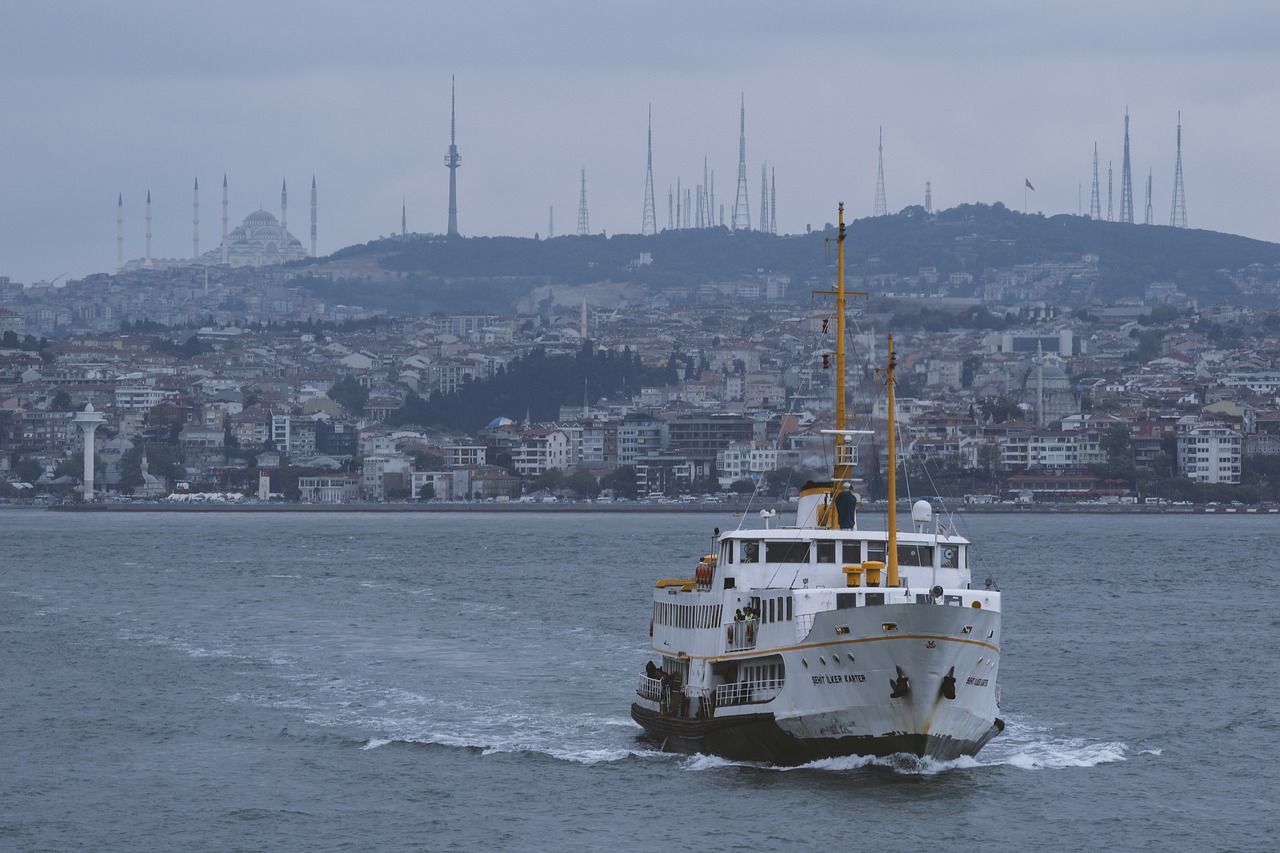
Foreign Policy and Diplomacy
Foreign Policy and Diplomacy were central to Mustafa Kemal Atatürk's vision for Turkey's place in the world. Atatürk aimed to position Turkey as a respected player on the international stage, seeking to establish diplomatic relations with various countries to secure Turkey's interests and promote peace. His diplomatic efforts were crucial in shaping Turkey's foreign policy and ensuring its sovereignty in the aftermath of World War I.
Atatürk's approach to foreign relations was characterized by pragmatism and a keen awareness of Turkey's geopolitical position. He understood the importance of balancing alliances and maintaining neutrality when necessary to safeguard Turkey's interests. Atatürk's diplomatic skills were evident in his ability to navigate complex international dynamics and secure favorable outcomes for Turkey.
One of Atatürk's significant diplomatic achievements was the renegotiation of the Treaty of Lausanne in 1923, which established Turkey's modern borders and recognized its independence. This treaty marked a turning point in Turkey's international standing and solidified Atatürk's reputation as a skilled statesman on the world stage.
Furthermore, Atatürk sought to modernize Turkey's diplomatic corps and establish strong diplomatic ties with key global players. His efforts to cultivate relationships with Western nations and forge partnerships based on mutual respect and cooperation were instrumental in positioning Turkey as a key player in the international arena.
Atatürk's legacy in foreign policy and diplomacy continues to influence Turkey's approach to global affairs to this day. His commitment to upholding Turkey's sovereignty, promoting peace, and fostering international cooperation laid the foundation for Turkey's role as a bridge between East and West.
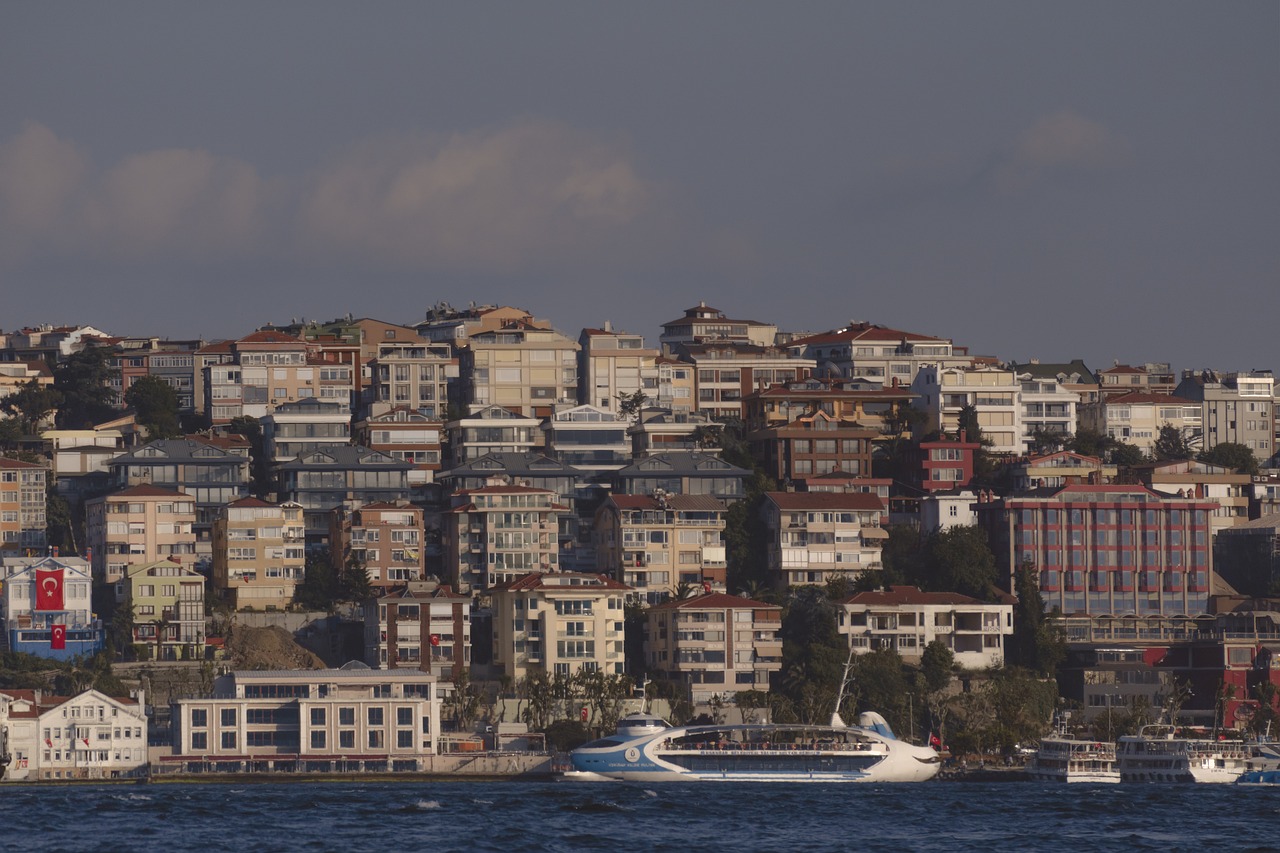
Legacy and Impact
Mustafa Kemal Atatürk's legacy and impact on Turkey are profound and far-reaching, shaping the country's identity and trajectory for generations to come. As the founder of modern Turkey, Atatürk's reforms and vision continue to influence various aspects of Turkish society, politics, and culture.
One of the most significant impacts of Atatürk's legacy is the establishment of a secular republic in Turkey. By abolishing the Ottoman Sultanate and the Caliphate, Atatürk paved the way for a modern, secular state based on the principles of democracy and equality. His emphasis on secularism as a cornerstone of the Turkish Republic set the stage for the separation of religion and state, a defining characteristic of modern Turkey.
Atatürk's social reforms, particularly in the realm of women's rights, have had a lasting impact on Turkish society. By promoting women's education, granting them political rights, and encouraging their participation in public life, Atatürk laid the foundation for gender equality in Turkey. His advocacy for Western clothing and the adoption of the Latin alphabet also contributed to the modernization of Turkish culture and identity.
In the economic sphere, Atatürk's policies focused on industrialization and infrastructure development were instrumental in transforming Turkey into a modern nation. His emphasis on building railways, roads, and public buildings not only improved the country's infrastructure but also laid the groundwork for economic growth and development.
Atatürk's educational and cultural reforms were aimed at promoting a sense of national identity and unity among the Turkish people. By prioritizing education as a means of societal advancement, Atatürk sought to create a well-educated and informed citizenry. His efforts to promote the Turkish language and culture helped solidify a sense of national pride and belonging among the populace.
On the international stage, Atatürk's foreign policy and diplomatic initiatives played a crucial role in establishing Turkey as a respected player in global affairs. His pragmatic approach to foreign relations and his efforts to modernize Turkey's diplomatic corps helped elevate the country's standing among the community of nations.
Atatürk's legacy as a national hero is deeply ingrained in the collective memory of the Turkish people. His image adorns public spaces, his speeches are recited with reverence, and his principles continue to guide the nation. However, the ongoing debate over the relevance of Atatürk's policies in the modern era reflects the complex and evolving nature of Turkish society.
In conclusion, Mustafa Kemal Atatürk's legacy and impact on Turkey are undeniable. His vision for a modern, secular, and progressive nation continues to shape the country's trajectory and remains a source of inspiration for many. As Turkey navigates the challenges of the 21st century, the enduring legacy of Atatürk serves as a reminder of the country's rich history and the enduring values that continue to define its national identity.
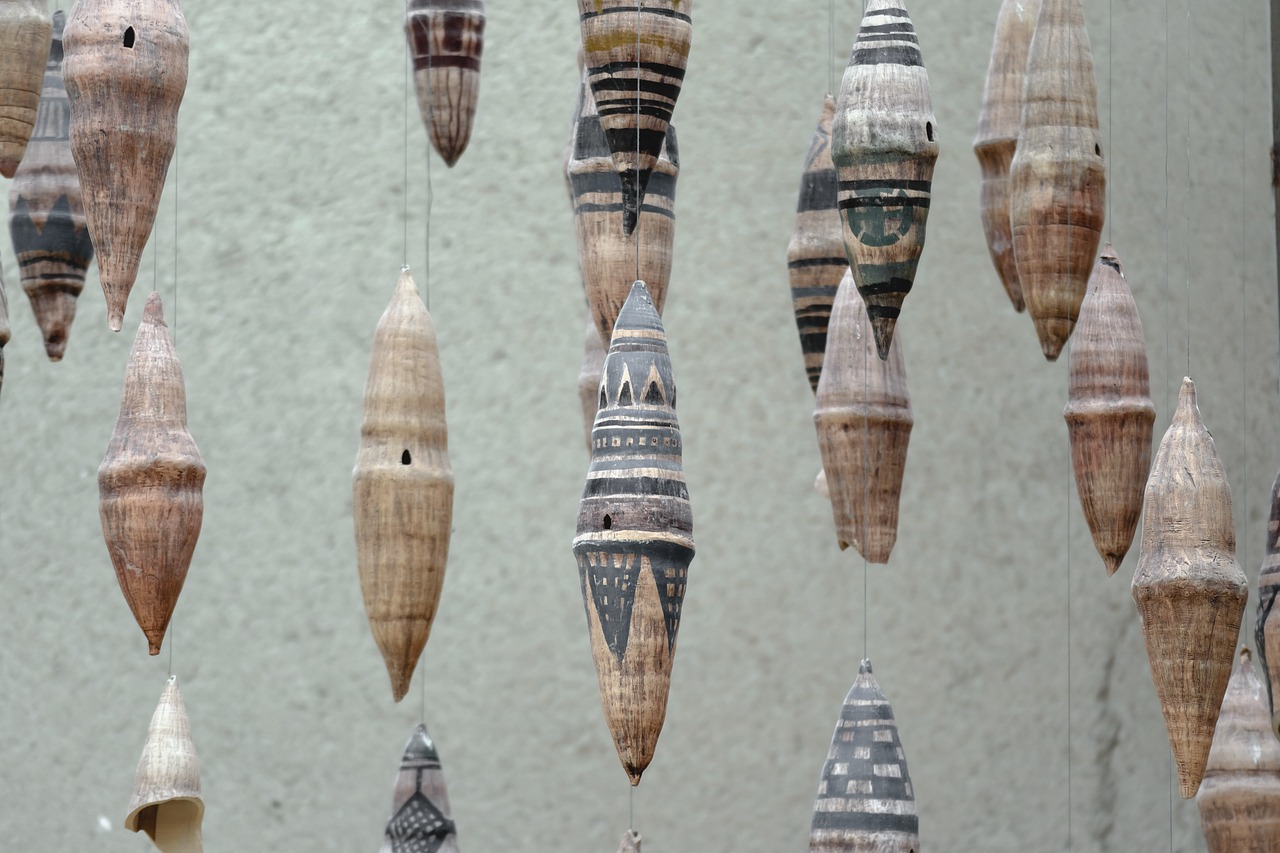
Contemporary Reflections and Relevance
Mustafa Kemal Atatürk's legacy continues to resonate deeply in Turkish society, shaping various aspects of modern life in the country. His vision for a secular state and emphasis on modernization have left a lasting impact on the nation's political, social, and cultural landscape. Atatürk's reforms in establishing a secular republic and promoting Western values have been both celebrated and critiqued over the years, sparking debates on the balance between secularism and tradition in Turkey.
One of the key areas where Atatürk's influence is still strongly felt is in the realm of women's rights and gender equality. His efforts to promote women's education and participation in public life have paved the way for significant advancements in gender equality in Turkey. Today, Turkish women continue to benefit from the groundwork laid by Atatürk in promoting their rights and empowerment.
Moreover, Atatürk's focus on education as a driver of societal progress remains a cornerstone of Turkish national identity. His reforms in the education system, including the adoption of the Latin alphabet and the promotion of Turkish language and culture, have helped shape the country's intellectual landscape. The emphasis on education as a means of fostering a modern and informed citizenry continues to be a guiding principle in Turkey.
When it comes to foreign policy and diplomacy, Atatürk's legacy as a statesman who positioned Turkey as a key player on the global stage is still evident today. His efforts to establish Turkey as a respected and independent nation in the international arena have set the tone for the country's foreign relations. The principles of neutrality, diplomacy, and sovereignty that Atatürk championed continue to influence Turkey's approach to international affairs.
In contemporary Turkey, the legacy of Atatürk is a topic of ongoing discussion and reflection. While his reforms have undoubtedly propelled the country towards modernity, there are also debates about the extent to which his vision aligns with the evolving needs and values of Turkish society. The tension between preserving Atatürk's secular legacy and embracing cultural traditions remains a central theme in Turkish politics and identity.
Frequently Asked Questions
- Who was Mustafa Kemal Atatürk?
Mustafa Kemal Atatürk, born in 1881, was the founder and first President of the Republic of Turkey. He played a pivotal role in the establishment of modern Turkey and is revered for his leadership during the Turkish War of Independence.
- What were Atatürk's key reforms?
Atatürk implemented a series of reforms to modernize Turkey, including the adoption of a secular legal system, the introduction of the Latin alphabet, the promotion of women's rights, and the emphasis on education and cultural reforms.
- How did Atatürk impact Turkish society?
Atatürk's reforms had a profound impact on Turkish society, shaping it into a more secular, modern, and progressive nation. His legacy continues to influence various aspects of Turkish life and politics.
- What is Atatürk's legacy today?
Atatürk is revered as a national hero in Turkey, and his legacy is celebrated through various commemorations and events. His vision for a modern, secular Turkey remains a central tenet of the country's identity.











